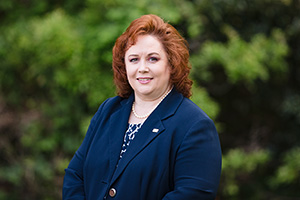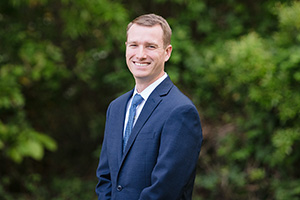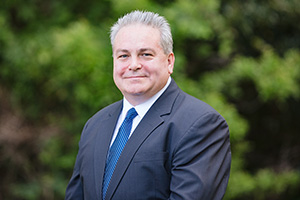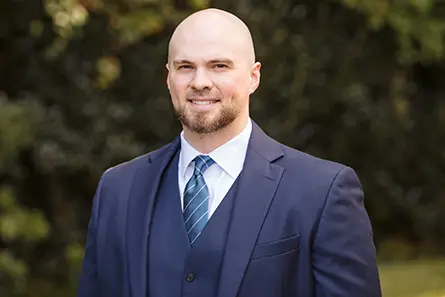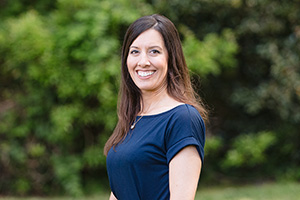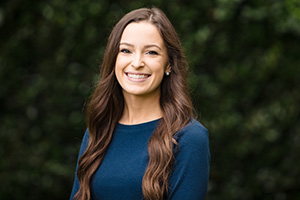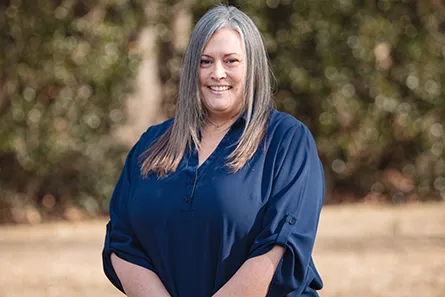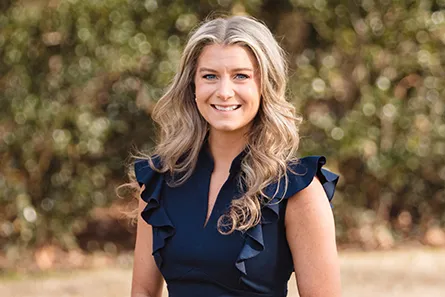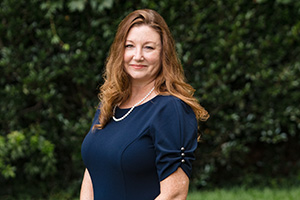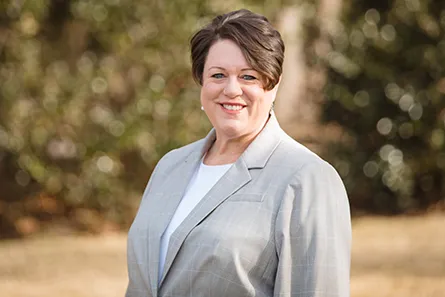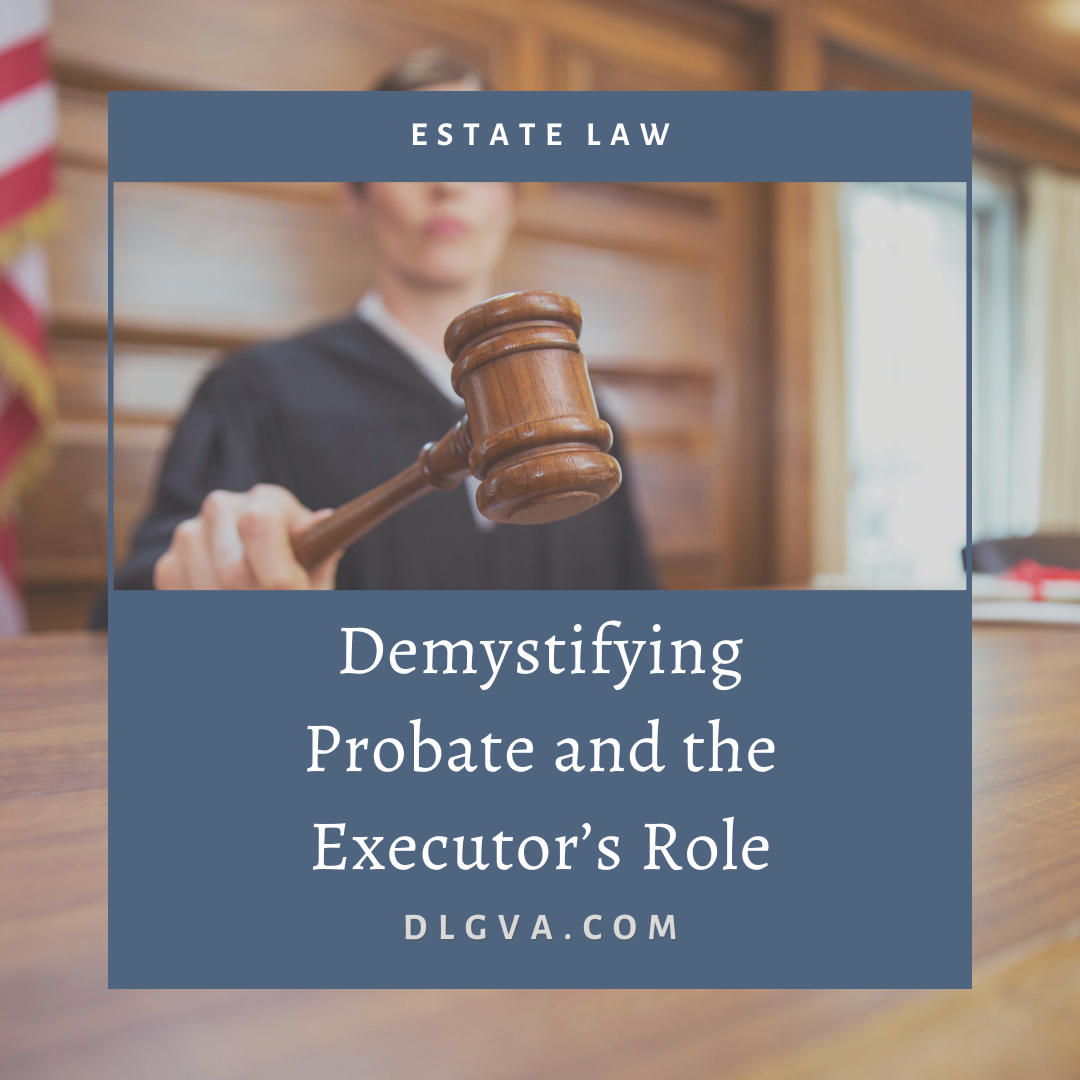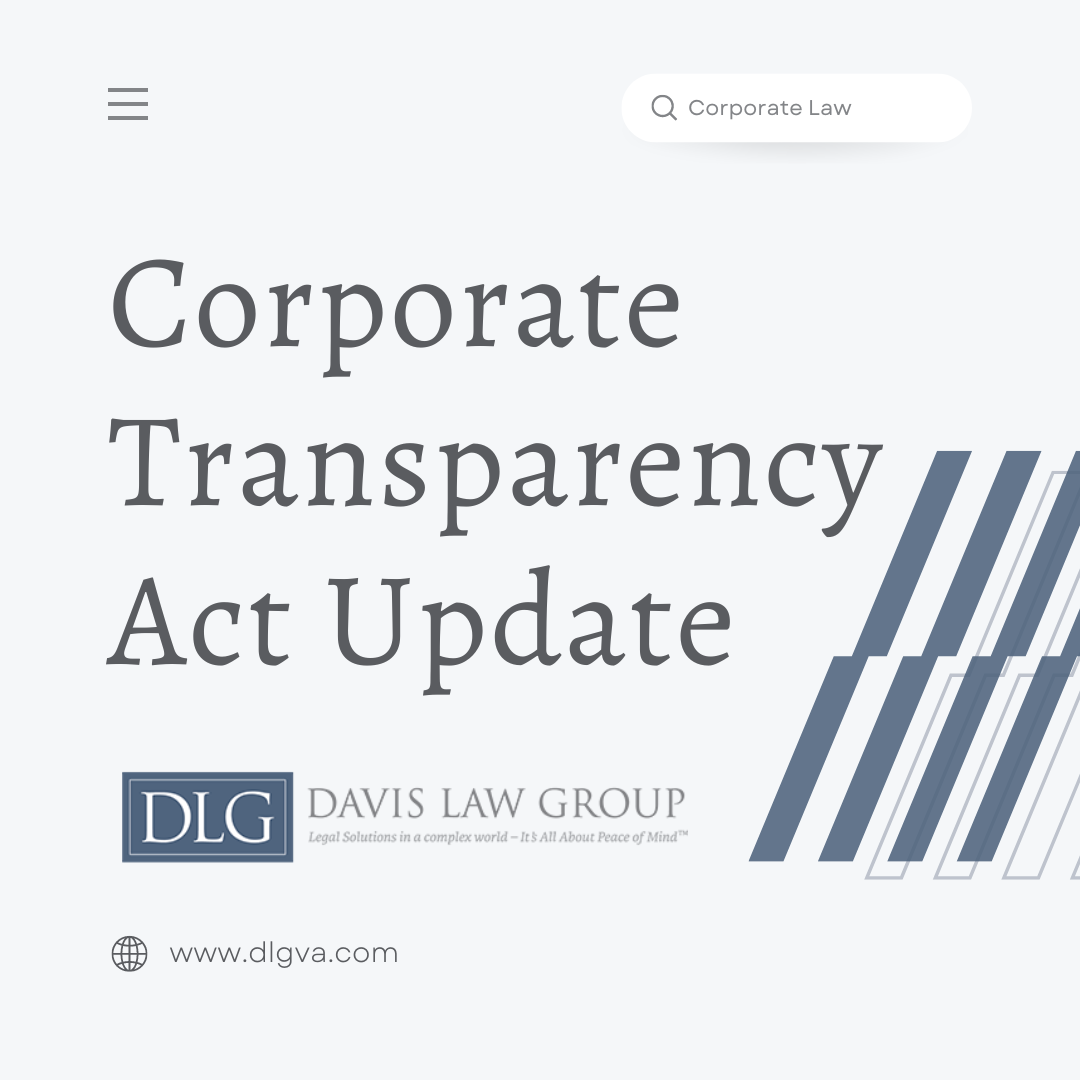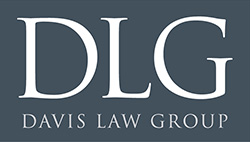Many people have heard the term “probate” but do not know exactly what it means or who it affects. Probate is defined as the official proving of a will as the authentic and valid last will and testament of the deceased. For practical purposes, it’s the process by which the Court oversees and approves the manner in which a person’s assets are passed to those named in his or her Last Will and Testament. Probate generally takes 12 months or longer to complete, with a number of fees and filings required by the Court. After the named executor/executrix qualifies before the Court, they become responsible for carrying out the deceased person’s wishes as expressed in the Will. Following is a brief outline of an executor’s duties:
Gather and safeguard all assets of the probate estate and insure that the assets are properly accounted for. Prudently invest estate funds during the period of the estate administration. Obtain valuation of all assets for estate tax purposes.
Apply to the Internal Revenue Service for a taxpayer identification number for the Estate and utilize it on all estate accounts.
Within four (4) months from the date of qualification, prepare and file an accurate estate inventory with the Commissioner of Accounts regarding the probate estate.
Maintain a continuous account on all receipts and disbursements of the estate, and identify and satisfy the creditors, insuring that for each disbursement there is a canceled check and sub-voucher. If there is not enough money in the estate to pay debts, the Virginia Code determines the order in which debts are paid.
Prepare and file the deceased person’s final United States and Virginia income tax returns.
Prepare and file the United States and Virginia Estate tax returns if the Estate is valued at more than $5,250,000.00 (for 2013 – the amount varies for prior years). These returns are due to be filed within nine months of the date of death.
Within sixteen (16) months of qualification, file the First Accounting with the Commissioner of Accounts, including original statements, returned checks, and invoices/receipts. An accounting will be due annually thereafter until the final distribution is made and the estate is closed.
Prepare and file the United States and Virginia Fiduciary income tax returns for each year that the estate is under administration.
Complete distribution of the Estate in accordance with the Last Will and Testament.
The probate process in Virginia involves many other obligations and requirements. Davis Law Group is here to help. We have assisted executors and executrixes in navigating the probate process for more than 20 years. Davis Law Group also provides information to families of decedents who die without Wills. For more information on this subject, or for help with an existing probate administration, please contact Davis Law Group.
Questions? Contact Us

Estate & Trust Planning
Estate Planning is essentially the process of preserving and protecting your assets and property during your lifetime, then providing instructions for them to be passed on to

Corporate and Business Transactions
At Davis Law Group we have a unique perspective in our corporate and business law practice. Most "corporate" law firms focus on serving the business rather than

Probate & Trust Administration
When a close relative or friend dies, there are several important legal and taxation matters to be addressed. Depending on how property and other assets are titled,
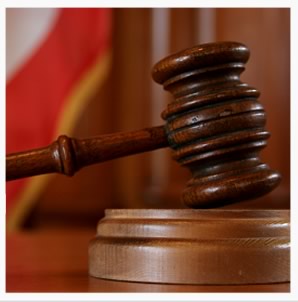
Civil Litigation
Representing a client involved in business disputes, contract disputes, including mediation, arbitration, or civil litigation in court, is a big responsibility -- one we don't take lightly.
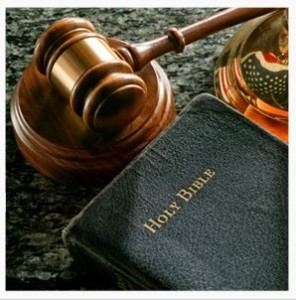
Church and Non-Profit Organizations
Church and non-profit law requires a special understanding of the issues and challenges that face non-profit and religious institutions. The legal advice that best serves business and

Commercial Real Estate Transactions
At Davis Law Group we understand that the commercial real estate process can be one of the most stressful events our clients will ever experience. Hampton Roads

Family Law & Collaborative Practice
The attorneys at Davis Law Group have extensive experience in representing individuals who find themselves in the middle of broken relationships, and we are effective advocates when

Employment Law
Few relationships impact our daily lives as much as the relationships we have at our workplaces. For most people, it is the place they spend the majority
Our dedicated team of attorneys, paralegals, clerks and administrative staff at Davis Law Group are ready to assist you with your legal questions and needs from real estate transactions to estate plans to the adoption process and more, our team has a diverse background of experience and expertise.
Douglas W. Davis
Attorney, Managing PartnerSuAnne Hardee Bryant
AttorneyDouglas H. Cook
Attorney, of CounselStephen Haynes
AttorneyJeff Coombs
Attorney, Nonprofit Practice LeaderGrant Hurley
AttorneyChristen Davis
Senior ParalegalLauren Baust
ParalegalRebecca Garnsey
ParalegalMelissa Smith
ParalegalKaren Nootnagel
ComptrollerNicole Capomaggi
Receptionist/Client LiaisonDemystifying Probate and the Executor’s
When creating a last will and testament, one of your most important considerations is who to choose to serve as the executor or administrator
What to Do When a
As poet Robert Burns mused centuries ago, the best-laid plans of mice and men often go awry. Despite your best efforts and thoughtful strategies,
Corporate Transparency Act Update
Under the Corporate Transparency Act (CTA), which took effect January 1, 2024, many business entities including small limited liability companies (LLCs) and partnerships are






